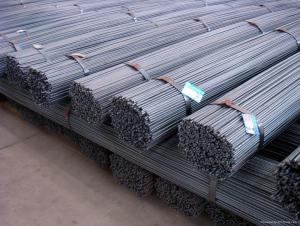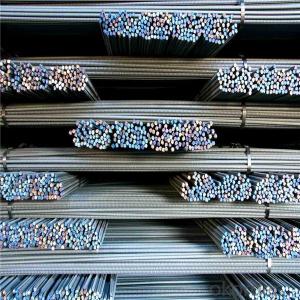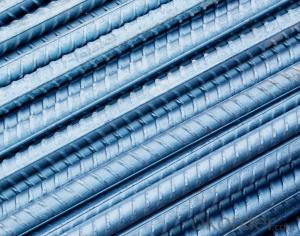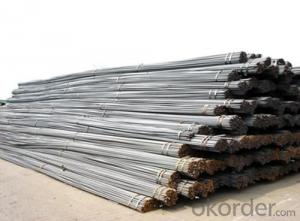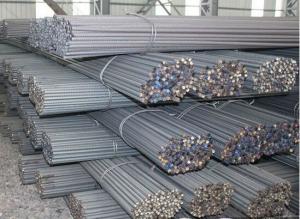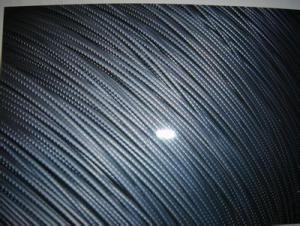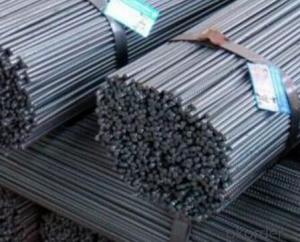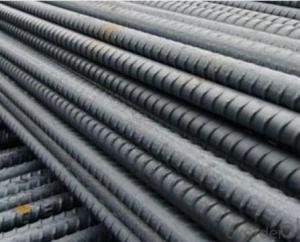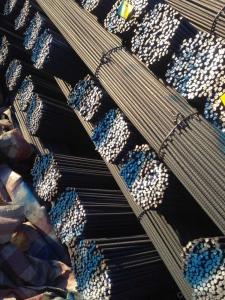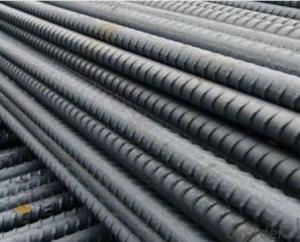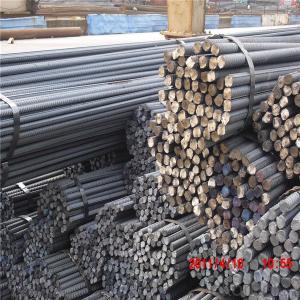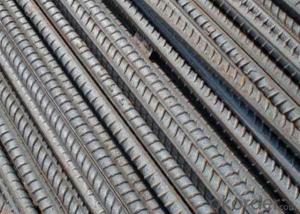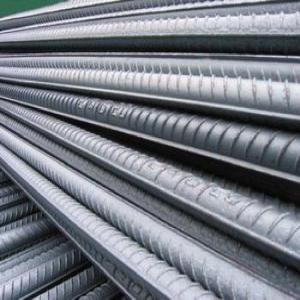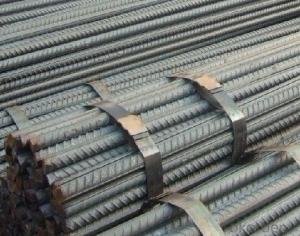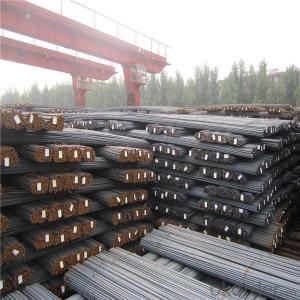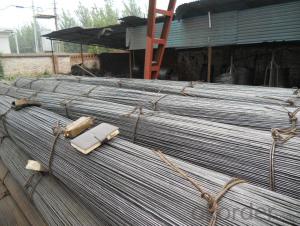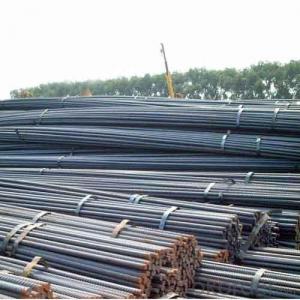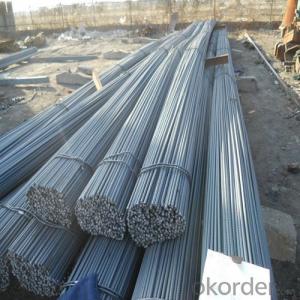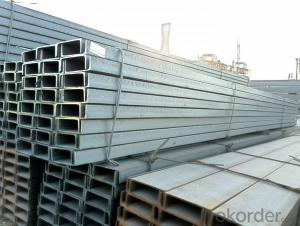All Categories
- - Steel Wire Rod
- - Steel Coils
- - Steel Profiles
- - Steel Pipes
- - Stainless Steel
- - Tinplate
- - Special Steel
- - Steel Sheets
- - Steel Rebars
- - Steel Strips
- - Hot Rolled Steel
- - Cold Rolled Steel
- - Pre-painted Steel
- - Seamless Steel Pipe
- - Welded Steel Pipe
- - Hollow Steel Tubes
- - Galvanized Pipe
- - Stainless Steel Coil
- - Stainless Steel Sheet
- - Stainless Steel Plate
- - Stainless Steel Strips
- - Electrolytic Tinplate Coil
- - Electrolytic Tinplate Sheet
- - Stainless Steel Rebars
- - Solar Panels
- - Solar Water Heater
- - Solar Related Products
- - Solar Inverter
- - Solar Cells
- - Solar Light
- - Solar Energy Systems
- - Solar Controllers
- - Solar Mounting System
- - Solar Pump
- - Solar Chargers
- - Fiberglass Chopped Strand
- - Fiberglass Mesh Cloth
- - Composite Pipes
- - FRP Pultrusion Profiles
- - Fiberglass Mat Tissue
- - Fiberglass Fabrics
- - Fiberglass Mesh
- - Composite Tank
- - Fiberglass Mesh tape
- - Polymer
- - FRP Roofing Panel
- - Fiberglass Roving
- - Monolithic Refractories
- - Ceramic Fiber Products
- - Refractory Bricks
- - Raw Materials For Refractory
- - Suspended Platform
- - Cranes
- - Concrete Machinery
- - Earthmoving Machinery
- - Building Hoist
- - Road Building Machinery
- - Plastic Pipe Fittings
- - Plastic Tubes
- - Plastic Sheets
- - Agricultural Plastic Products
- - Plastic Nets
 All Categories
All Categories
Q & A
What are the safety protocols for workers handling and installing steel rebars on a construction site?
The safety protocols for workers handling and installing steel rebars on a construction site typically include the following measures:
1. Providing workers with proper training on the safe handling and installation of rebars.
2. Ensuring workers wear appropriate personal protective equipment (PPE) such as gloves, safety glasses, and steel-toed boots.
3. Implementing a fall protection system, such as harnesses and guardrails, for workers operating at heights.
4. Establishing clear communication channels and signal systems to prevent accidents or injuries.
5. Conducting regular inspections of tools, equipment, and materials used for rebar installation to ensure their safety and functionality.
6. Creating a designated area for storing and stacking rebars to prevent tripping hazards or structural instability.
7. Adhering to proper lifting techniques and using mechanical aids, like cranes or forklifts, for handling heavy or large rebars.
8. Implementing a system for reporting and addressing any safety concerns or incidents promptly.
9. Regularly maintaining and inspecting the construction site to identify and eliminate potential hazards.
10. Complying with local regulations and industry standards related to rebar handling and installation.
How do you assess the quality and reliability of couplers used for steel rebar splicing?
To assess the quality and reliability of couplers used for steel rebar splicing, several factors need to be considered.
Firstly, it is important to evaluate the manufacturing standards and certifications of the coupler. Look for couplers that comply with recognized industry standards, such as ASTM or ISO, as this ensures they have been tested and meet specific requirements.
Secondly, consider the coupler's material and design. High-quality couplers are typically made from durable and corrosion-resistant materials like stainless steel. Additionally, examine the design and construction of the coupler to ensure it provides a strong and secure connection between the rebars.
Thirdly, assessing the track record and reputation of the manufacturer is crucial. Look for established manufacturers with a history of producing reliable and well-regarded couplers. Read customer reviews, seek recommendations, and inquire about the manufacturer's experience and expertise in the industry.
Furthermore, it is recommended to conduct independent testing or refer to third-party testing reports to verify the performance and reliability of the coupler. These tests can evaluate factors such as load capacity, fatigue resistance, and overall durability.
Lastly, consulting with experienced professionals in the construction and engineering industry can provide valuable insights and recommendations on the quality and reliability of couplers. Engaging with experts who have hands-on experience with various coupler brands can help ensure the selection of a reliable and high-quality product for steel rebar splicing.
What are the common issues related to welding steel rebars, and how can they be addressed?
Common issues related to welding steel rebars include inadequate penetration, lack of fusion, porosity, cracking, and distortion.
To address these issues, several steps can be taken. First, it is essential to ensure proper cleaning of the rebar surface to remove any contaminants or scale that may hinder good fusion. Next, selecting the appropriate welding process and parameters, such as the correct heat input, welding speed, and electrode size, can help achieve adequate penetration and fusion.
To mitigate porosity, it is crucial to use dry electrodes and maintain a stable arc during the welding process. Preheating the rebars can also help reduce the risk of cracking by minimizing thermal stress. Additionally, controlling the cooling rate after welding can minimize distortion.
Regular inspection and testing, such as visual examination, ultrasonic testing, or radiographic examination, can help detect any weld defects early on and allow for timely corrections. Proper training and certification of welders are also vital in ensuring quality welding of steel rebars.
Wholesale Steel Rebars from supplier in Moldova
Our Steel Rebars are manufactured to meet international standards and are of the highest quality. We have a strict quality control process in place to ensure that our products meet all necessary specifications and standards. Our Steel Rebars are durable, reliable, and suitable for a wide range of construction applications.
In addition to our high-quality products, we also offer a range of value-added services. This includes technical support, where our team of experts can provide guidance and assistance with any technical issues or challenges you may encounter. We can also provide customized solutions to meet your specific project requirements.
As a subsidiary of CNBM, we have access to a vast network of resources and expertise. This enables us to offer competitive prices and timely delivery to our customers in Moldova. We understand the importance of meeting project deadlines and strive to ensure that our products are delivered on time and in the quantities required.
At our core, we are committed to building strong and lasting relationships with our customers. We believe in open and transparent communication and always prioritize the needs and satisfaction of our clients. Our dedicated customer service team is available to address any concerns or queries you may have and provide prompt and efficient assistance.
Choose us as your trusted Steel Rebars supplier in Moldova and experience the difference our high-quality products and exceptional service can make to your construction projects. Let us help you achieve success and exceed your goals in Moldova. Contact us today to discuss your Steel Rebars requirements.
In addition to our high-quality products, we also offer a range of value-added services. This includes technical support, where our team of experts can provide guidance and assistance with any technical issues or challenges you may encounter. We can also provide customized solutions to meet your specific project requirements.
As a subsidiary of CNBM, we have access to a vast network of resources and expertise. This enables us to offer competitive prices and timely delivery to our customers in Moldova. We understand the importance of meeting project deadlines and strive to ensure that our products are delivered on time and in the quantities required.
At our core, we are committed to building strong and lasting relationships with our customers. We believe in open and transparent communication and always prioritize the needs and satisfaction of our clients. Our dedicated customer service team is available to address any concerns or queries you may have and provide prompt and efficient assistance.
Choose us as your trusted Steel Rebars supplier in Moldova and experience the difference our high-quality products and exceptional service can make to your construction projects. Let us help you achieve success and exceed your goals in Moldova. Contact us today to discuss your Steel Rebars requirements.
